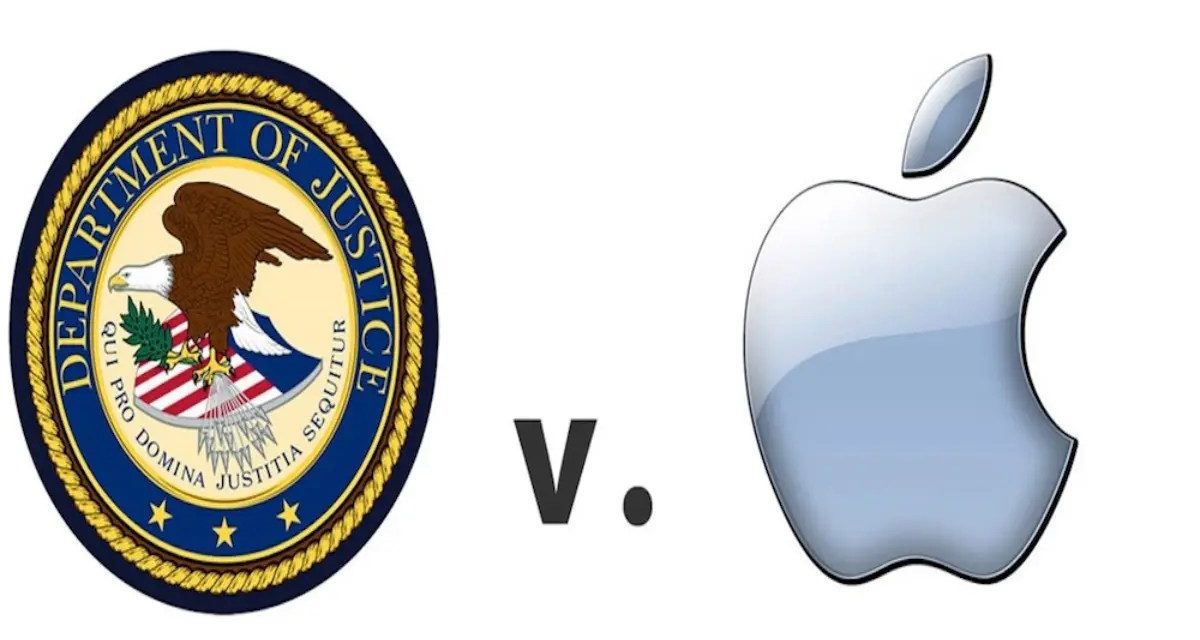The U.S. Justice Department’s antitrust case against has been reassigned to U.S. District Judge Julien Neals in New Jersey after another judge said he could not hear it due to a potential conflict of interest, reports Reuters.
U.S. District Judge Michael Farbiarz, who had been assigned to handle it, in a brief order said he was required to recuse from the case based on a judicial ethics rule that can restrict judges from hearing disputes in which they or a family member have some close connection or financial tie, the article adds.
Last month the U.S. Department of Justice announced it had filed an antitrust lawsuit against Apple — and the tech giant responded.
From the DoJ announcement: The complaint, filed in the U.S. District Court for the District of New Jersey, alleges that Apple illegally maintains a monopoly over smartphones by selectively imposing contractual restrictions on, and withholding critical access points from, developers. Apple undermines apps, products, and services that would otherwise make users less reliant on the iPhone, promote interoperability, and lower costs for consumers and developers. Apple exercises its monopoly power to extract more money from consumers, developers, content creators, artists, publishers, small businesses, and merchants, among others. Through this monopolization lawsuit, the Justice Department and state Attorneys General are seeking relief to restore competition to these vital markets on behalf of the American public.
In a statement shared with MacRumors, Apple said the lawsuit is “wrong on the facts and the law,” and the company vowed to “vigorously defend” itself:
From the statement: At Apple, we innovate every day to make technology people love—designing products that work seamlessly together, protect people’s privacy and security, and create a magical experience for our users. This lawsuit threatens who we are and the principles that set Apple products apart in fiercely competitive markets. If successful, it would hinder our ability to create the kind of technology people expect from Apple—where hardware, software, and services intersect. It would also set a dangerous precedent, empowering government to take a heavy hand in designing people’s technology. We believe this lawsuit is wrong on the facts and the law, and we will vigorously defend against it.
Article provided with permission from AppleWorld.Today




